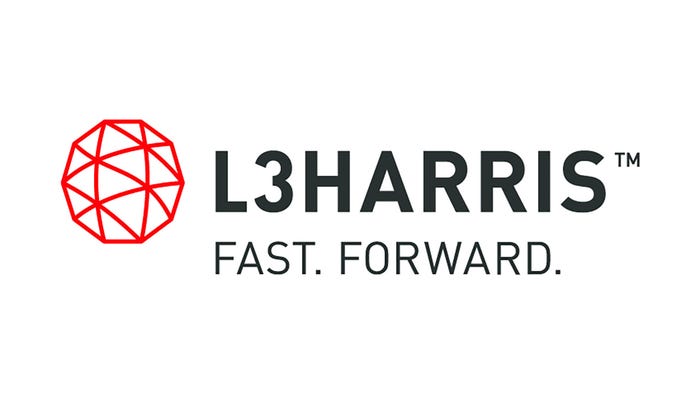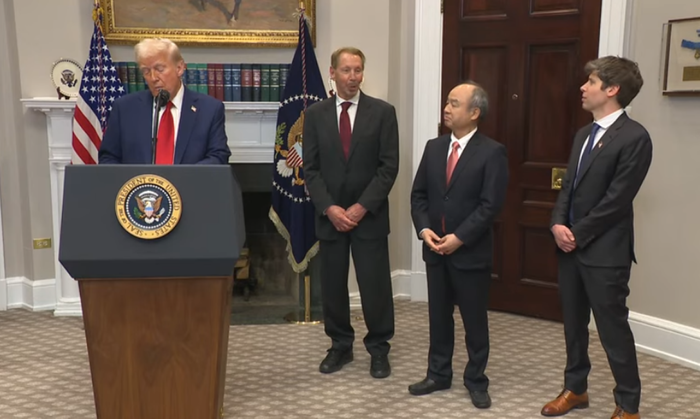Hytera back in business, as appeals court halts sanctions blocking company’s two-way-radio salesHytera back in business, as appeals court halts sanctions blocking company’s two-way-radio sales
April 17, 2024
.png?width=1280&auto=webp&quality=95&format=jpg&disable=upscale)
Hytera Communications returned to its full business on Tuesday afternoon, when a U.S. appeals court granted the LMR manufacturer’s request to stay federal district-court sanctions that prevented Hytera from selling two-way-radio products worldwide for more than a week.
Under the order, the 7th Circuit Court of Appeals granted Hytera Communications’ renewed emergency motion for a stay of three key contempt sanctions issued by U.S. District Court Judge Martha Pacold—the worldwide ban on two-way-radio sales by Hytera, further accumulation of the $1 million-per-day fine, and the worldwide notice requirement.
These sanctions are halted pending appeal, according to the appeals-court order. That proceeding will begin with Hytera Communications filing its opening brief within 28 days, followed by Motorola Solutions filing an opposing brief within 28 days later, according to the order.
Pacold issued the district court’s contempt sanctions after Hytera Communications participated in two days of proceedings before a China court—the Shenzhen Intermediate People’s Court—which Pacold deemed to be a violation of her anti-suit injunction issued on March 25.
In the case before the Shenzhen court, Hytera Communications asked Shenzhen to declare that Hytera’s H-Series DMR products do not infringe upon Motorola Solutions’ trade secrets or copyrighted software, so sales of the new DMR portfolio should not be subject to the royalty payments outlined by the U.S. district court. Hytera Communications initiated this lawsuit in the Shenzhen court in June 2022 but did not inform the U.S. district court, which oversees implementation of the royalty in question.
This appeal-court ruling to stay the contempt sanctions was granted just 10 days after the 7th Circuit Court of Appeals denied Hytera Communications’ similar emergency motion for a stay on April 6. That denial included pointed language describing the sanctions as “self-inflicted wounds” created by Hytera Communications. In addition, the denial noted that “given Hytera’s record of behavior … Hytera has shown that its unverified representations to the tribunal cannot be trusted.”
But the appeals court’s perspective on the contempt sanctions apparently has changed in the interim, driven largely by the Shenzhen court’s actions on April 7 during a short hearing with Hytera Communications. At that time, the three-judge panel in the Shenzhen court issued an oral order granting Hytera Communications’ petition to withdraw the H-Series lawsuit.
“The Shenzhen court’s actions of April 7 certainly seem to have ended the proceedings related to Hytera’s H-Series products, which is the result the district court sought through the contempt sanctions and anti-suit injunctions,” according to the appeals court’s order.
As a result of the April 7 ruling, the contempt sanctions against Hytera—including the worldwide ban on the sales of two-way-radio products—has transformed from “properly coercive” to “now only punitive,” according to the appeals court’s order.
“We do not believe that the worldwide sales injunction, the worldwide notice requirement, and further accumulation of the $1 million-per-day fines retain any realistic possibility of achieving their intended coercive purposes,” the appeals-court order states.
“This is so for two reasons: first, we have sufficient indications that the Shenzhen court’s order withdrawing the H-Series action is already legally effective. The district court has expressly declined to require Hytera to have any further communication with the Shenzhen court, so Hytera is in compliance with the court’s order to withdraw the action.
“Second, to the extent that the district court has at times seemed to condition Hytera’s release from the sanctions on receiving some additional response from the Shenzhen court, Hytera itself is not capable of complying.”
These findings by the appeals court largely echo arguments made by the lead attorney representing Hytera Communications during the almost-daily status hearings before Judge Pacold in the district court. However, Pacold has reiterated concerns that the Shenzhen court could issue a written order that could include language that could undermine the U.S. court’s jurisdiction or result in conflict with a ruling of the U.S. court.
In its order, the appeals court downplayed the likelihood that the Shenzhen court would issue the kind of written ruling that Pacold fears.
“Even if the Shenzhen court were to issue an order reopening the case, the antisuit injunction remains in place to prevent Hytera from taking advantage of such an order,” the appeals-court order states. “And both the district court and this court could be expected to react even more harshly in that scenario.”
Indeed, the appeals-court order grants latitude to the district court to impose sanctions in the future, if the Shenzhen court issues a written order that includes language that creates the type of jurisdictional or conflicting ruling that has caused Pacold concern—even as recently as Tuesday afternoon, just a few hours before the appeal-court order was released.
“If at some future time the Shenzhen court issues a written order that appears to enable any further proceedings in the H-Series matter, and/or if Hytera seeks to take advantage of some future written order or other action by the Shenzhen court, nothing in this order is intended to limit the district court’s ability to take appropriate action to enforce its injunctions,” according to the order from the 7th Circuit Court of Appeals.
This civil litigation is a continuation of a legal saga that began in March 2017, when Motorola Solutions filed a lawsuit with the U.S. district court alleging that Hytera Communications used stolen Motorola Solutions trade secrets and copyrighted software to develop its DMR product portfolio. After a four-month trial, a jury unanimously found Hytera Communications guilty in February, and Judge Charles Norgle issued the judgment the following month. Judge Pacold was assigned the case after Norgle’s retirement in October 2022.
After adjustments, Hytera Communications owes Motorola Solutions $543 million based on the case, unless the ruling is overturned or the amount is reduced on appeal.
This civil lawsuit should not be confused with the criminal-conspiracy case against Hytera Communications and seven individuals filed by the U.S. Department of Justice, although it shares many of the relevant facts. The trial in the criminal case is scheduled to begin on Oct. 1.



_Zoonar_GmbH_Alamy[1].jpg?width=700&auto=webp&quality=80&disable=upscale)